Ferrybridge closure ‘risks winter blackouts’
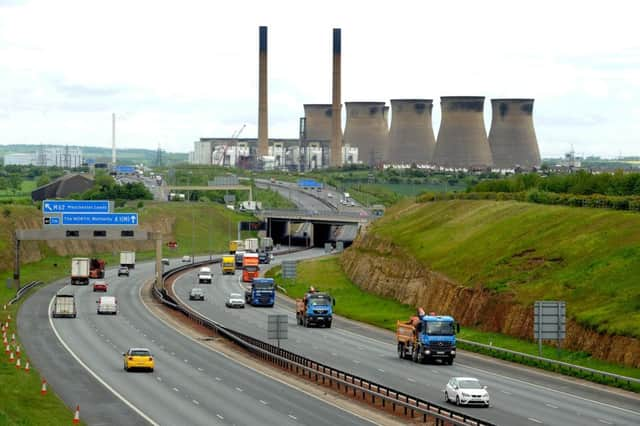

The Prospect union said more support should have been available for low carbon technologies with vast export potential, including carbon capture and storage and more efficient coal plants.
Prospect official Michael Macdonald said: “This is a consequence of the lack of a coherent plan for decarbonisation. The Government’s reliance on significantly higher carbon taxes than the European Union has left Ferrybridge facing a bill of £64 million more than, for example, comparable German power generators and forced the premature closure of a viable plant.
Advertisement
Hide AdAdvertisement
Hide Ad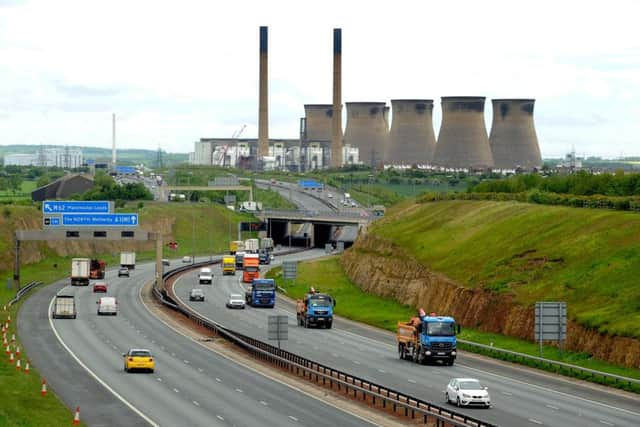

“Not only will this see the loss of 200 highly skilled jobs at the station, and the equivalent in a local economy already reeling from plans to close Kellingley colliery, the loss of a further 1GW reduces the UK capacity margin to virtually zero.
“The lack of a clear road map for decarbonisation means the UK is missing out on the opportunity to reduce carbon emissions by 40% through technology that has vast export potential.
Advertisement
Hide AdAdvertisement
Hide Ad“It also means large industrial consumers will have to shut down operations or switch to inefficient on-site diesel generation at times of peak demand.
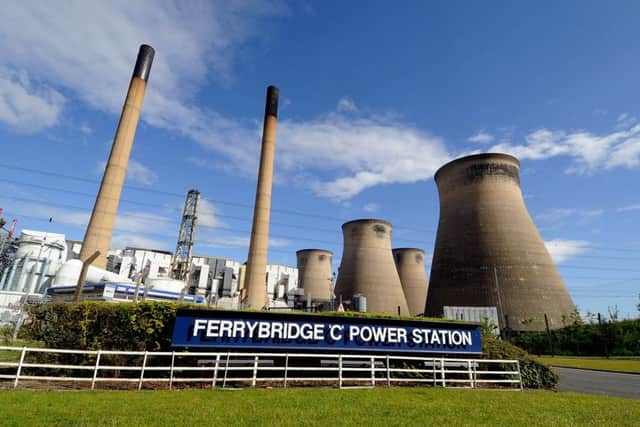

“If we are to continue to include gas and coal in the generation mix until 2030, we need a coherent plan for transition to a low carbon future other than further Government subsidises for generation methods that cannot guarantee baseload power and which push up the price for consumers.”
A spokesman at the Department of Energy and Climate Change (DECC) said:“The Government takes security of supply very seriously and has worked with National Grid to put in place an effective plan which worked well last winter. This plan has been robustly stress-tested to cope with the toughest system conditions, and is flexible enough to adapt to individual plant closures.”
Labour leadership contender Yvette Cooper, whose constituency includes Ferrybridge, said more was also needed to support skilled work in the area.
Advertisement
Hide AdAdvertisement
Hide AdShe said: “This is devastating for Ferrybridge and the area and comes on the back of job losses at Kellingley Colliery as well. There is no Government plan to support high skilled jobs - either supporting existing jobs, or promoting new high skilled jobs for the future. Our community is being hit really hard and we desperately need more investment in skilled jobs for people in Knottingley and Ferrybridge.”
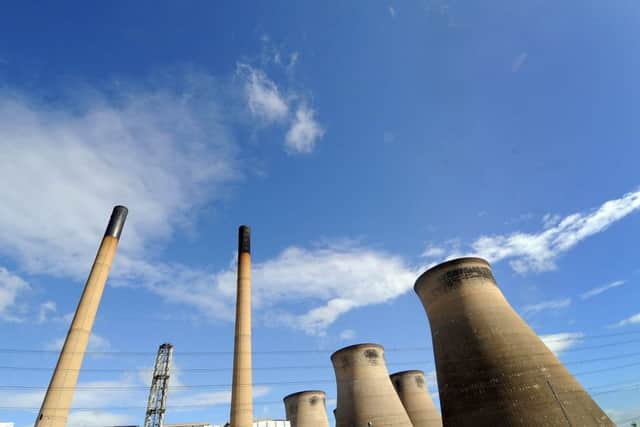

The government said the matter was a commercial one for the company. A DECC spokesman said: “We sympathise with those affected. However this is a commercial matter for the company. SSE has also announced it expects to return Keadby gas power station to the electricity market in due course, and we understand the company will look to redeploy staff where possible.”
The DECC added that as a 50-year-old plant, Ferrybridge, in common with other coal stations, was “inevitably coming to an end of its operational life”.
FERRYBRIDGE: A BRIEF HISTORY
Ferrybridge Power Station comprises three coal-fired stations that have existed on the same site over the most part of a century.
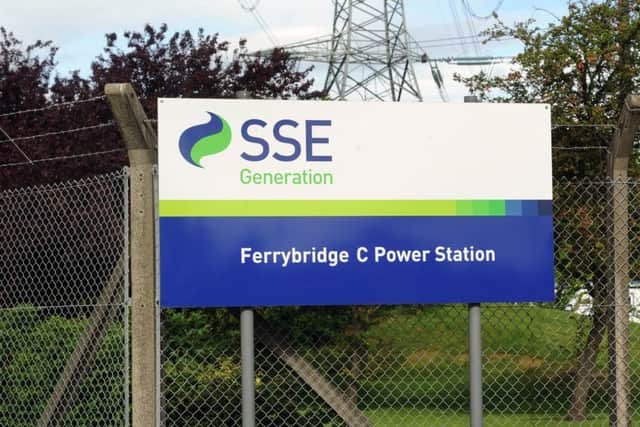

Advertisement
Hide AdAdvertisement
Hide AdThe first station, Ferrybridge A, was built in 1924, and closed as the second station, Ferrybridge B, came into operation in the late 1950s.
In the 60s, Ferrybridge C was opened with a generating capacity of 2000 megawatts – at the time the largest of any power station in the UK.
The B and C stations operated together until B closed in the 1990s. On November 1, 1965, when three of the cooling towers collapsed due to vibrations caused by 85 mph winds.
The power station has seen the development of a multi-fuel plant including carbon capture trial plant, built on the company’s existing power station site.
READ MORE...